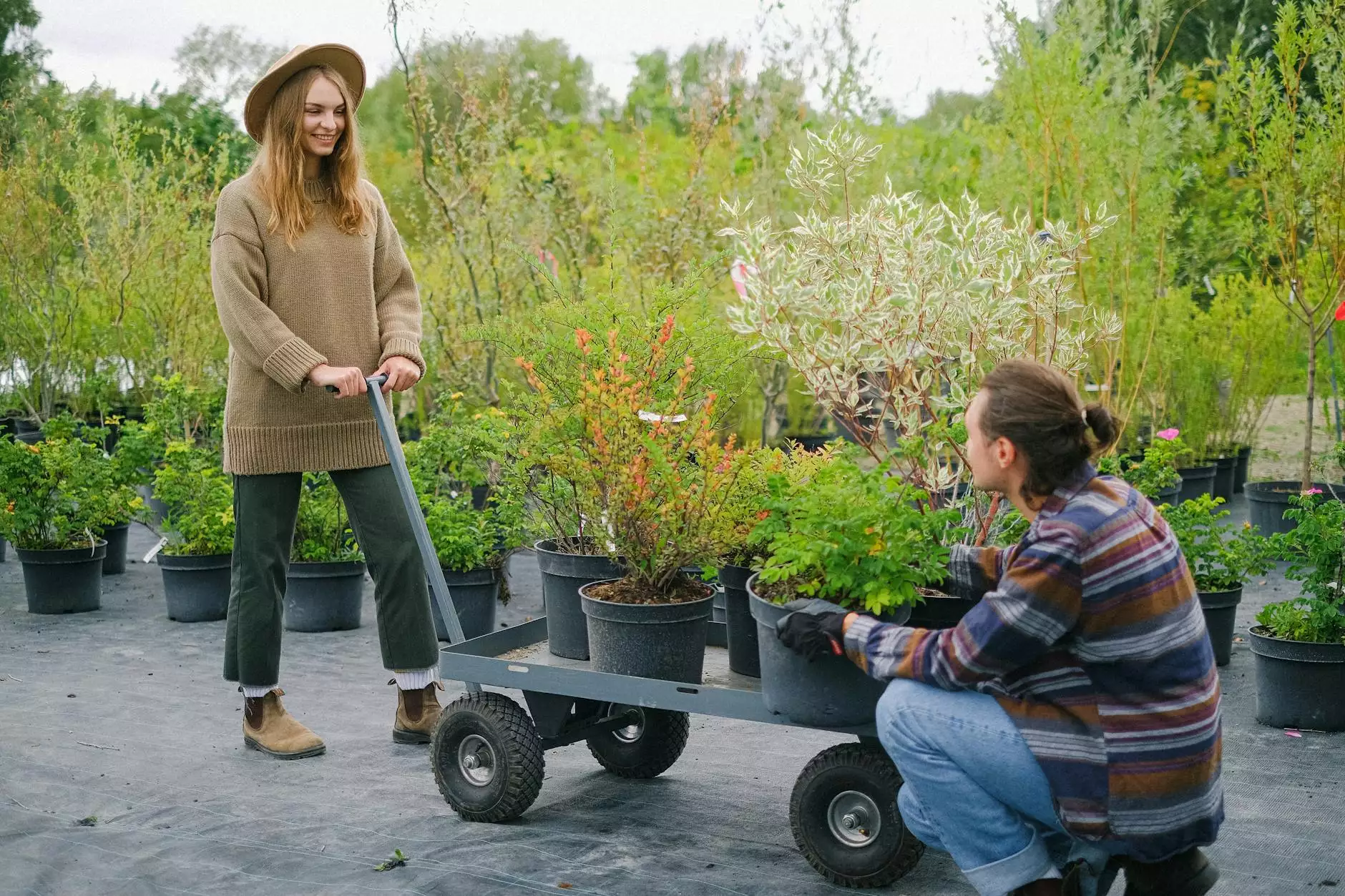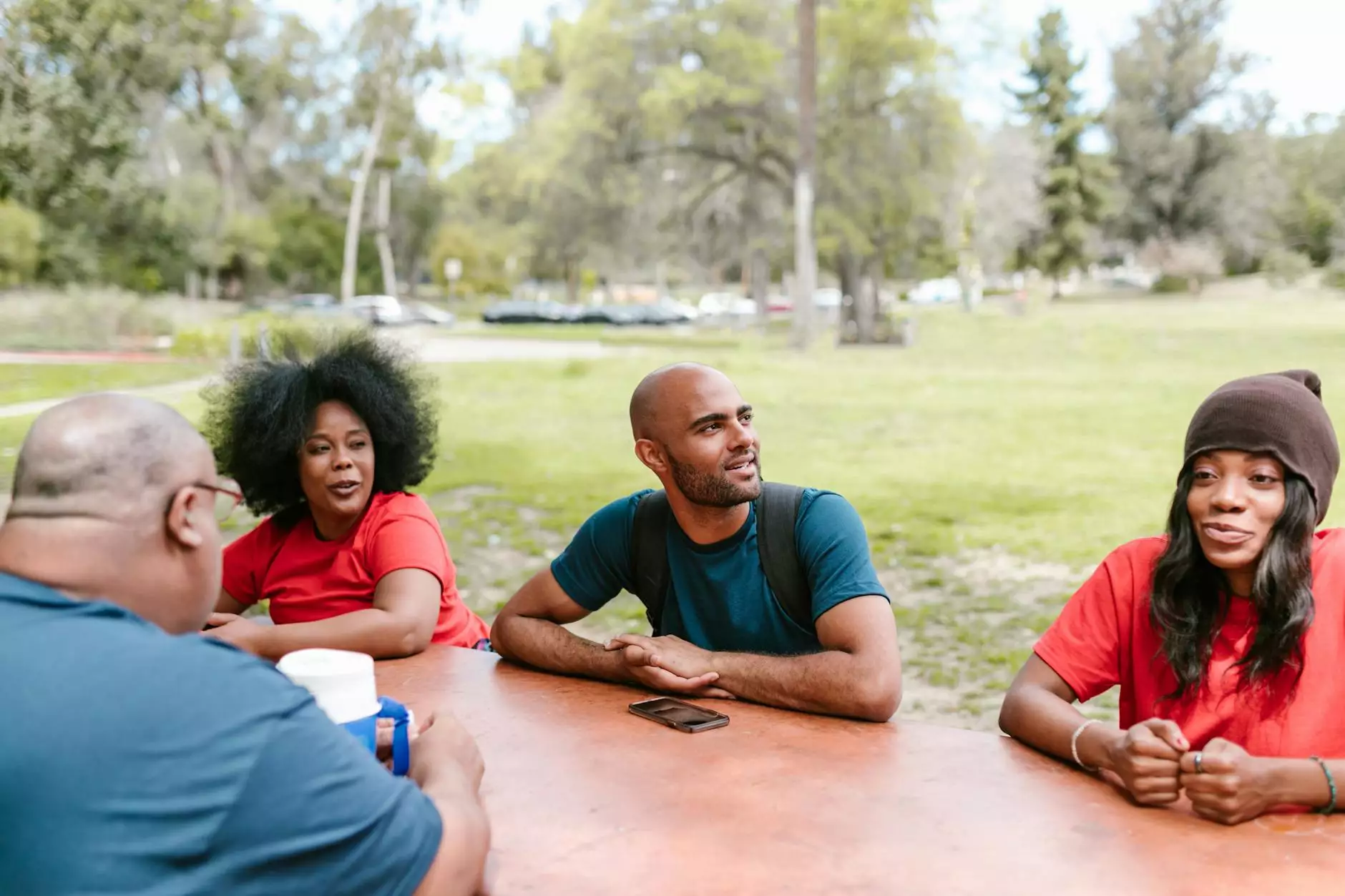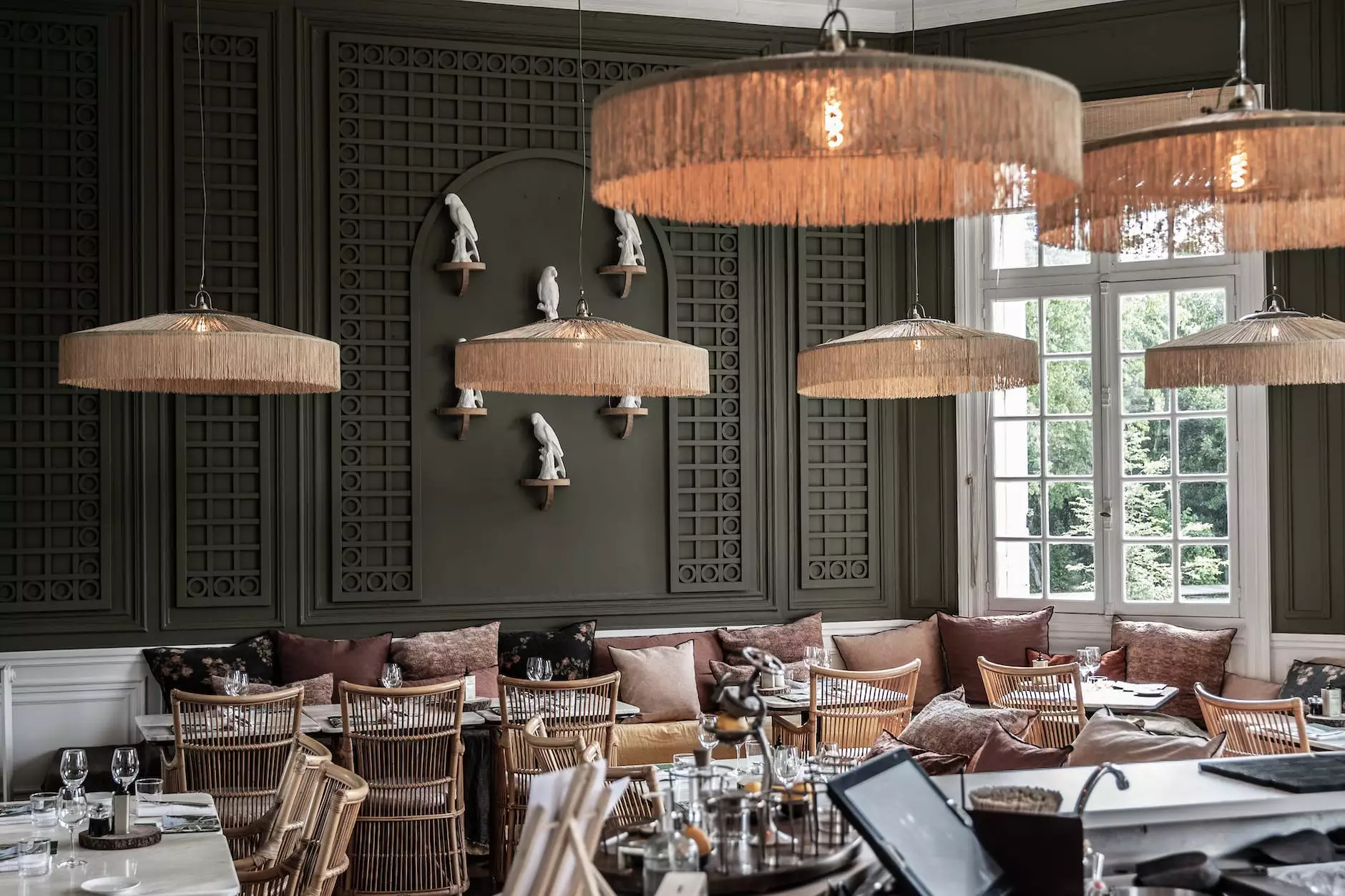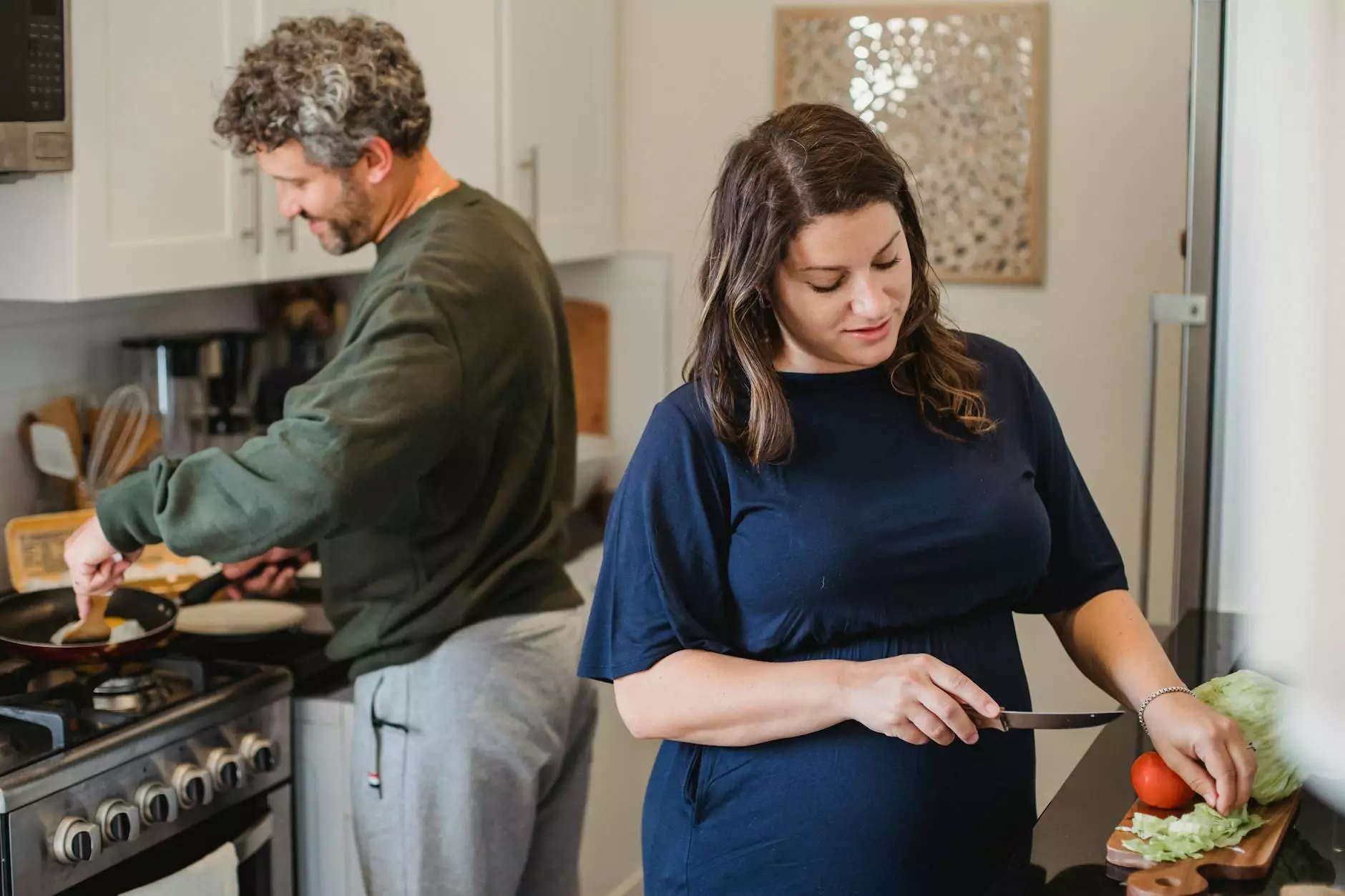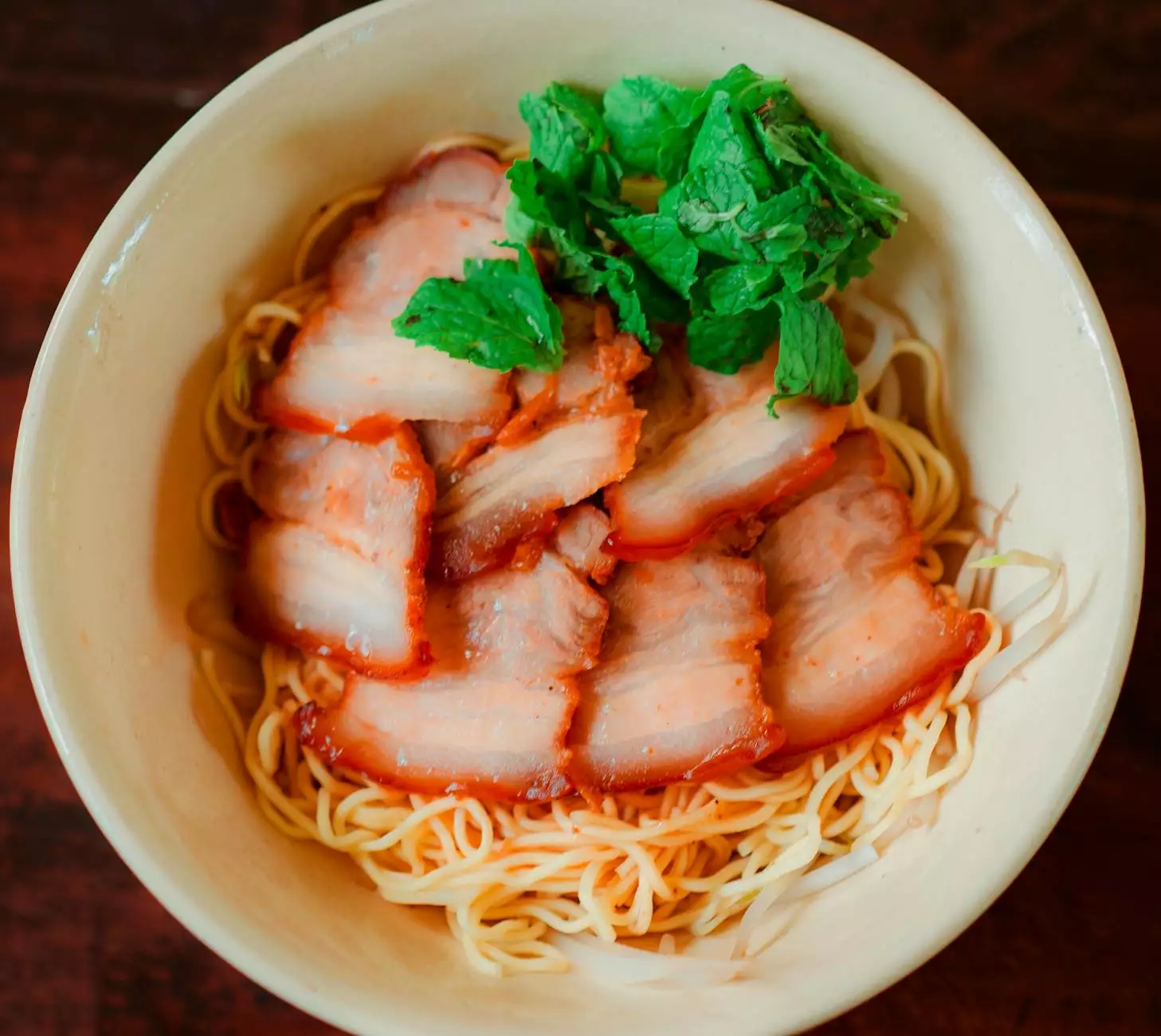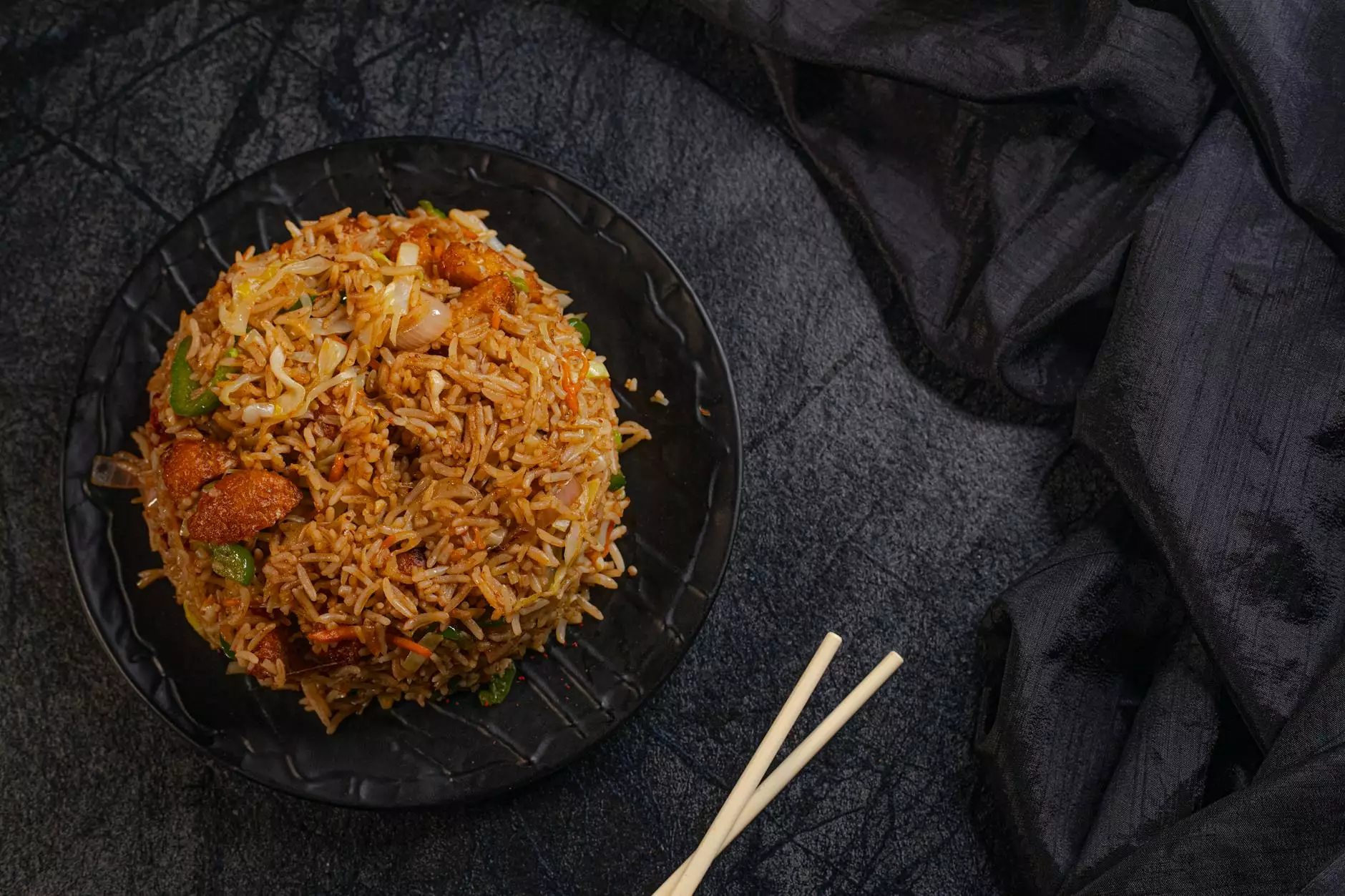How to Become a Better Cook
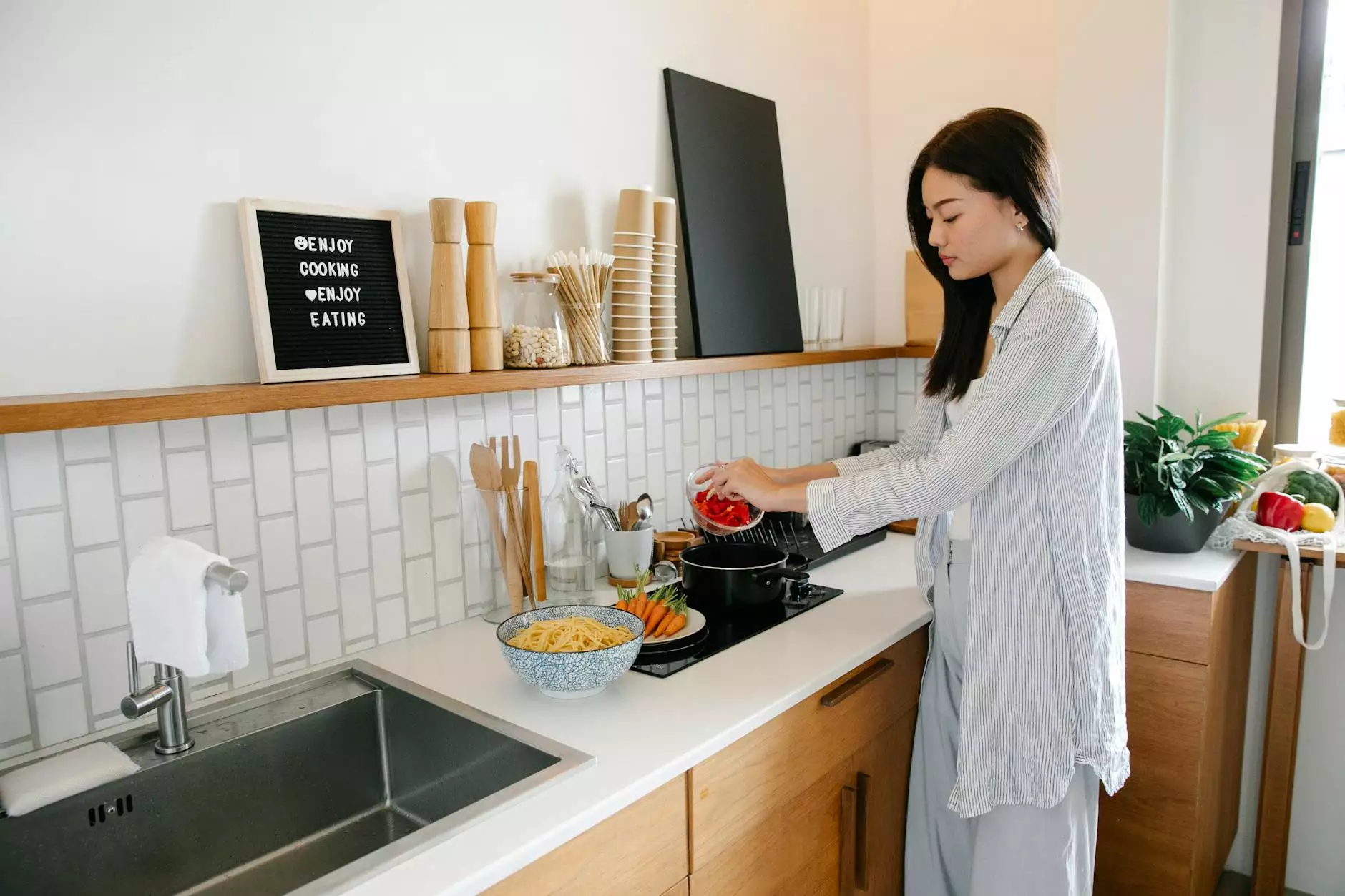
Cooking is not just a necessity, but a true art form that allows us to express our creativity and nourish ourselves with delicious flavors. Whether you're a beginner or an experienced home cook, there's always room for improvement.
1. Master the Basics
Before you can become a culinary virtuoso, it's crucial to master the foundations of cooking. Start by familiarizing yourself with various cooking techniques such as boiling, sautéing, roasting, and grilling. Each method offers a unique way to enhance flavors and textures. Experiment with different ingredients and flavors to discover your preferences.
Invest in quality cookware and utensils, as they can significantly impact your cooking results. A sharp chef's knife, a durable skillet, and a reliable oven can make a world of difference in your culinary creations.
2. Expand Your Culinary Knowledge
To become a better cook, it's important to constantly expand your culinary knowledge. Read cookbooks, watch cooking shows, and follow reputable food blogs for inspiration and new cooking techniques. Join cooking classes or workshops to learn from experienced chefs and gain hands-on experience.
3. Practice Makes Perfect
Cooking is a skill that improves with practice. Set aside dedicated time each week to experiment with new recipes and techniques. Start with simple dishes and gradually challenge yourself with more complex recipes. Remember, even if a dish doesn't turn out perfectly, each mistake is an opportunity to learn and improve.
4. Embrace Seasonality and Fresh Ingredients
One of the secrets to becoming a better cook is to embrace seasonality and use fresh, high-quality ingredients. Seasonal produce offers the best flavors and textures, while locally sourced ingredients support sustainability and help build a stronger connection with your community.
Visit farmers' markets or consider growing your own herbs and vegetables to ensure you have access to the freshest ingredients. Experiment with new flavors and ingredients to expand your culinary repertoire.
5. Develop Flavor Profiles
A great cook understands how to balance flavors and create harmonious taste profiles. Pay attention to the intensity and balance of spices, herbs, acids, and sweetness in your dishes. Taste as you cook and make adjustments accordingly. Learn how to pair different flavors and create complementary combinations.
Experiment with various cuisines from around the world to broaden your understanding of flavor profiles. Understand the importance of umami, the fifth taste, which adds depth and richness to dishes.
6. Organization and Time Management
A well-organized kitchen and effective time management are essential for any cook. Keep your kitchen clean and organized to ensure smooth workflow and minimize stress. Plan your meals ahead of time, create shopping lists, and prep ingredients in advance to streamline your cooking process.
Learn how to multitask and prioritize tasks in the kitchen. Create a timeline for each recipe to ensure everything comes together seamlessly. This will help you become more efficient and reduce the risk of overcooking or undercooking your dishes.
7. Seek Feedback and Learn from Others
Don't be afraid to seek feedback on your cooking. Ask your friends and family for their honest opinions and constructive criticism. Join online cooking communities or forums where you can share your recipes and get valuable insights from fellow food enthusiasts.
Take the time to learn from experienced chefs and professional cooks. Attend cooking demonstrations, workshops, or culinary events where you can observe and interact with industry experts. Their knowledge and expertise can further enhance your cooking skills.
8. Experiment and Create Your Own Recipes
Once you've mastered the basics, let your creativity soar by experimenting with new flavor combinations and techniques. Don't be afraid to take risks and create your own unique recipes. Keep a kitchen journal to document your experiments, including ingredient combinations and cooking methods. This will help you refine your creations over time.
Remember, cooking is an ever-evolving process, and there is always something new to learn. Embrace the journey and enjoy the rewards of your delicious creations. Happy cooking!
how to become a better cook